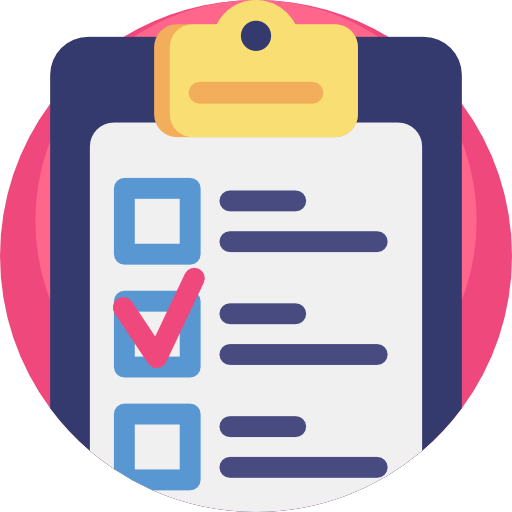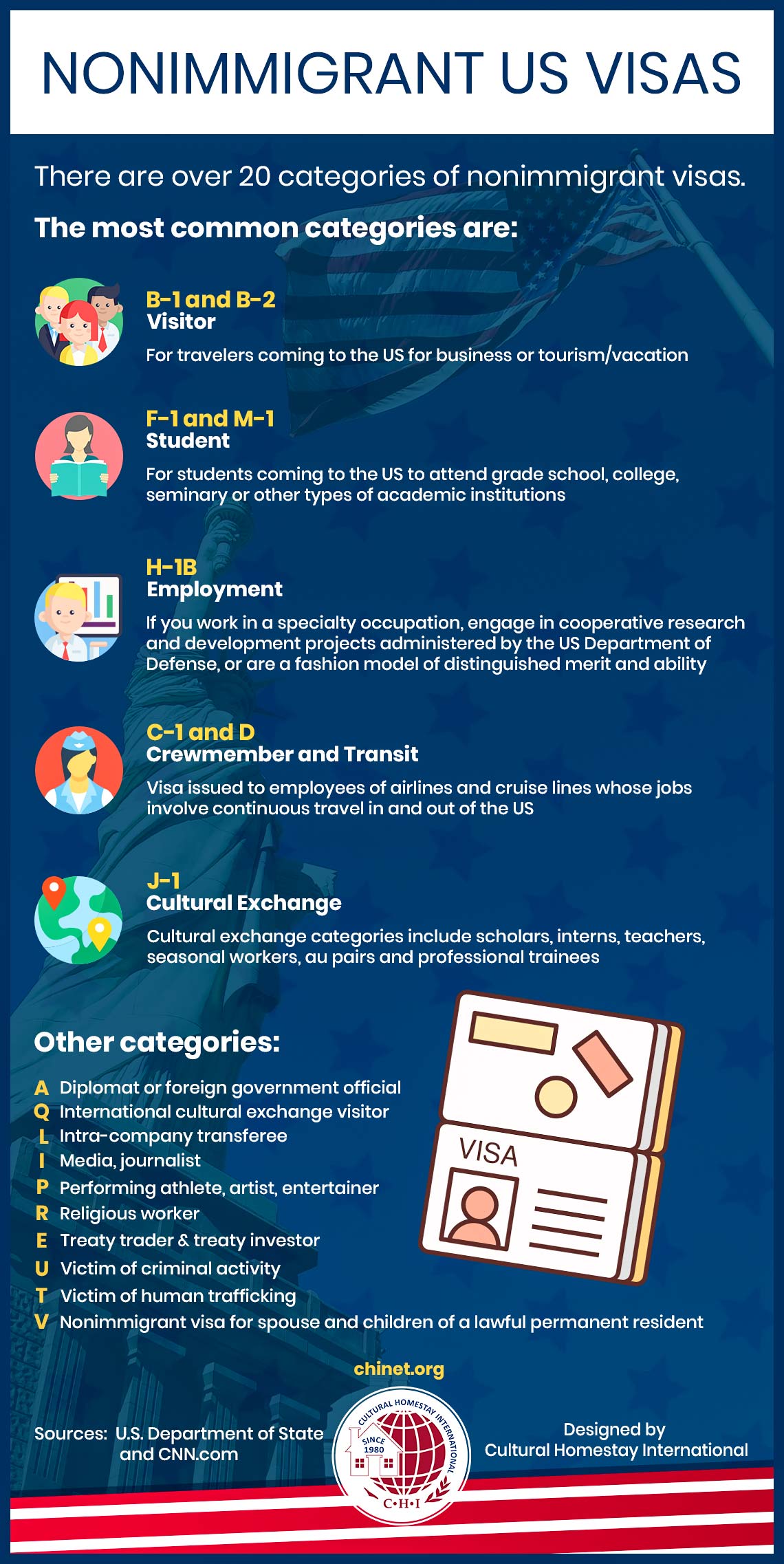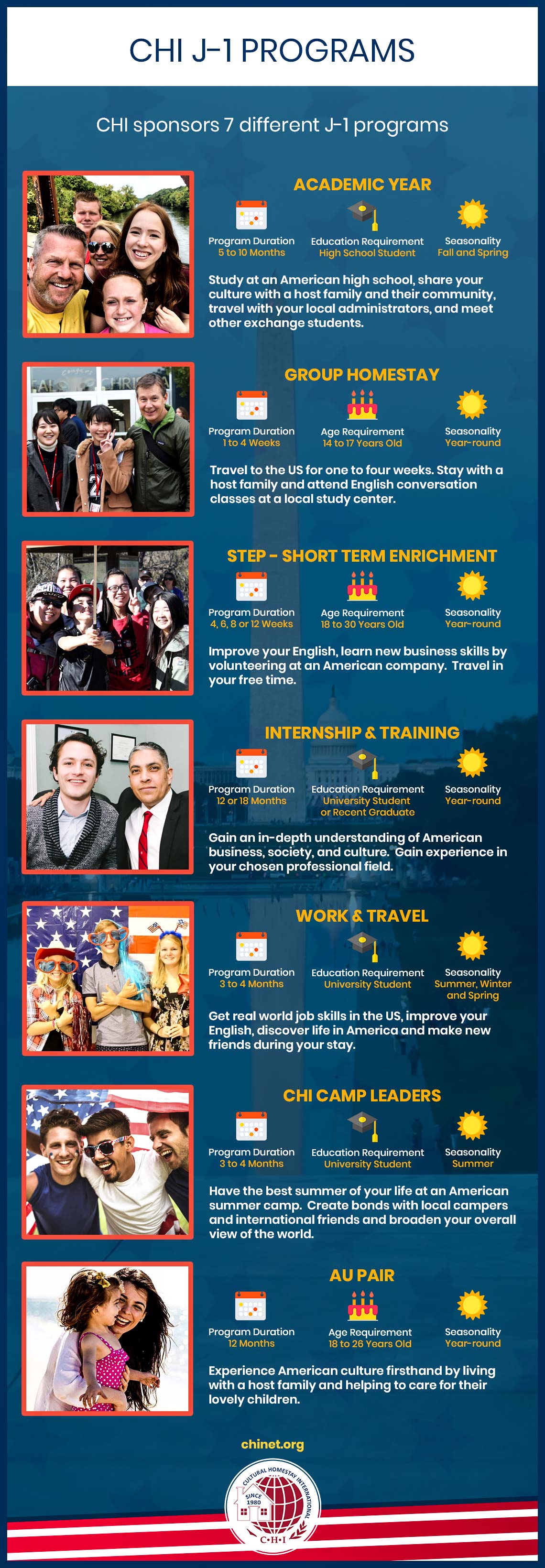US Visas And Visa Sponsorship
The Complete Guide (2019)
So, you want to come to the United States. You know you need a visa but you aren’t sure what kind of visa you need. Or you have the information, you just need to know how to find a visa sponsorship.
Navigating the visa process can be complicated. There are a lot of confusing terms and there’s a lot of conflicting information out there.
Don’t worry – we are going to simply it for you.
In this article we are going to explain your visa options and tell you where to go to apply. Then we will tell you how to find a sponsor to make your dreams of coming to the United States a reality!
Table of Contents
Types of US Visas
Before we get into visa sponsorship, first things first – let’s figure out what kind of visa you need. If you already know what visa you need and are only interested in learning about sponsorship, jump ahead to our visa sponsorship section.
- Visas for temporary visitors (nonimmigrants)
- Visas for immigrants
This article is going to explain the requirements and how to obtain a temporary visitor visa. For more information on an immigrant visa, go here.
Visitor B-1/B-2
- Athlete (amateur or professional)
- Business visitor
- Domestic employee (traveling with an employer)
- Seeking medical treatment
- Tourism, vacation or pleasure
Student F-1 and M-1
- To attend grade school, college or other specialized academic institutions
Work H-1B
- Work in a highly skilled profession including engineering, technology or medicine
Crew/Transit CW-1 and D
- Transit worker whose job involve continuous travel outside of the US
Cultural Exchange Programs J-1
- Au pair
- Intern
- Teacher
- Seasonal worker
You should seek to obtain the type of visa that best fits your reason for traveling to the United States.
OK, so now that you know what kind of visas are out there, let’s talk about whether you need a visa sponsor.
Visa Sponsorship
Do I need visa sponsorship?
There are a few visa categories that do not require visa sponsorship, such as visitor visas. If you want to visit the US on a J-1 cultural exchange program, though, you will need visa sponsorship.
What is a visa sponsorship?
A visa sponsorship is when an organization is responsible for selecting participants for the Exchange Visitor Program, assisting them with the visa process and supporting and monitoring them during their entire program stay.
How does a visa sponsorship work?
Your visa sponsor will provide you with specific program and application requirements and guide you through the J-1 visa process. They select participants and monitor them during their entire stay.
Sponsors will have varying costs and application requirements. One of the leading visa sponsorship agencies in the US is Cultural Homestay International (CHI). Find a list of all Department of State designated sponsors here.
There are 15 categories of the J-1 visa. Cultural Homestay International is currently a designated sponsor for 6 of those J-1 categories, including Work and Travel, Internship/Training and Au Pair.
Finding an ideal visa sponsor
There are a lot of organizations that provide visa sponsorship. But not all of them offer the same support and dedication. It’s a good idea to do your research before choosing a sponsor.
We recommend finding a sponsor that has been in business for a long time. You want an organization that has experience and is trustworthy.
For example, CHI is a non-profit educational organization founded in 1980 with a mission to promote international understanding and goodwill through people-to-people exchanges.
For 40 years, more than 300,000 students and young adults from over 130 countries have come to the US to participate in CHI’s educational and cultural programs. CHI is a well-respected visa sponsor.
J-1 Visa Sponsorship
What’s so great about a J-1 visa?
The J-1 visa is a non-immigrant visa that permits you to come to the US to exchange culture and skills, and experience what the country has to offer. Whether you are a university student, a young professional, or interested in childcare, the J-1 visa will give you amazing opportunities in the US. There is a ton of flexibly when it comes to a J-1 visa and they are relatively simple to get approved.
Everything you need to know about how the J-1 visa works:
- Determine which J-1 program is right for you.
- Contact a designated sponsor like CHI to help you with your application requirements.
- If you are accepted into the program, CHI (or your chosen program sponsor) will issue you Form DS-2019.
- Either request the sponsor or visit the Student and Exchange Visitor Information System (SEVIS) to pay the required fee.
- Go to the US Department of State website to fill out an Online Nonimmigrant Visa Application Form DS-160.
- Schedule your visa interview.
- On the day of your visa interview come prepared with your Form DS-2019, Form DS-160, passport, photo, visa application fee and supporting documents.
- The interviewing officer will let you know at the end of your interview if your visa was approved or denied.
- Continue to work with your visa sponsor regarding your plans for arrival.
J-1 visa options:
The J-1 visa provides countless opportunities for international candidates looking to travel and gain experience in the US. The goal of this visa is to allow people to come to the US to teach, study, conduct research, demonstrate special skills, or receive on the job training for periods ranging from a few weeks to several years.
CHI sponsored J-1 visa programs:
- Au Pair
- Camp Counselor
- Intern
- Trainee
- Summer Work Travel
- Secondary School Student
Other J-1 visa programs:
- Teacher
- Physician
- College and University Student
- Government Visitor
- International Visitor
- Professor
- Research Scholar
- Short-Term Scholar
- Specialist
J-1 Visa Programs
If you are interested in a J-1 exchange program, your next step should be to select a visa sponsor and get started! Here are some common scenarios in which CHI is experienced and ready to help:
Are you a high school exchange student? If so, you can join CHI’s Academic Year Program.
- High school students who are ages 15 to 18 ½ upon arrival
- A score of at least 212 on the ELTiS exam
- Consistently receive good grades at your current school
- Maturity, flexibility, and independence
- A passion for people and for learning about new cultures
- A desire to have fun!
Do you love children and have experience taking care of them? If so, you can join CHI’s Au Pair program.
- Between the ages of 18-26
- At least a high school graduate
- Proficient in English
- At least 200 hours of recent documented practical childcare experience
- In possession of a valid driver’s license
- No criminal record
- Able to submit three references
- Able to pass a psychometric test which measures behavior and personality
- Willing to share customs and culture from their home country
Are you a university student looking to explore the US during your school break? If so, you can join CHI’s Work and Travel program.
Our flexible program dates work around your school schedule. Spend your winter, spring, or summer working at a popular US resort, amusement park, sporting arena, or restaurant, and in your free time immerse yourself in American culture. Tour museums, sightsee, visit with American friends or just relax on the beach. The possibilities are endless. You’ve always wanted the experience of a lifetime – now’s your chance.
- Between 18 and 30 years old
- A full-time university student
- Capable and comfortable in an English-only work environment
- Able to show you have sufficient funds to financially support yourself in the US
Are you a professional looking to intern or train in a US business? If so, you can join CHI’s Internship/Training program.
- Must be currently enrolled in a degree or certificate granting post secondary academic institution or have graduated from an institution within 12 months of the internship start date in the US
- Verifiable English Language skills by an English test or documentation by an academic institution’s English instructor.
- Personal interview conducted by a CHI partner either in person or via webcam.
- Have an intermediate to advanced level of English proficiency and submit proof of English ability.
- Must have completed a degree or professional certificate outside the US and have one year related work experience outside the US
- If no degree, may be considered with five years of related work experience in your home country.
- Verifiable English Language skills by an English test or documentation by an academic institution’s English instructor.
FAQ
Do you still have questions about J-1 visas? We’ve compiled some of the most frequently asked questions when it comes to the J-1 visa category. If you have a question, it’s probably answered in this FAQ section. If it is not, leave your question on our comments section.
How long can you stay in the US on a J-1 visa?
- Au Pair: 12 months. The Au Pair category has the option for an additional extension of 6, 9, or 12 months.
- Business Trainees: 18 months
- College and University Students: Depends on the education level of the student. (Bachelor’s/Master’s degree: 18 months & Post-Doctoral degree: 36 months).
- College Professors: 36 months
- Flight Aviation Trainees: 24 months
- Government Visitors: 12 months
- International Visitors: 12 months
- Medical Residents/Interns: Maximum of 7 years
- Primary and Secondary School Teachers: 36 months
- Research Scholars: 36 months
- Specialists: 12 months
- Summer Work/Travel: 4 months
Can I work with a J-1 visa?
Yes, you can work while participating in a J-1 visa program. For example, when you join CHI’s Summer Work Travel program you assist at a US business for three months during your break from school.
Can a J-1 visa holder change status?
It may be possible for you to change your J-1 status to a green card after your program.
Is a J-1 visa a multiple entry visa?
For multiple entries make sure your J-1 visa is marked with an M, multiple entry and is not expired. There should be a specific number of entries listed on your visa. That is the number of times you are allowed to enter the US on that visa.
How do I get an employer to sponsor my J-1 visa?
Reach out to one of the many J-1 visa sponsors like CHI. They can work with employers in the US and assist you in obtaining your J-1 visa.
What is the best J-1 visa sponsorship organization?
Cultural Homestay International (CHI) gives you a head start. Their flexible program dates work around your schedule. Experience a US business, and in your free time immerse yourself in American culture.
How often do companies sponsor a J-1 visa for internships?
Visa sponsors like CHI accept J-1 visa holders all year round. Programs like Au Pair, Internship/Training and Work Travel are available.
What is the process of getting a J-1 visa when a company is sponsoring you for an internship?
Refer to “Everything you need to know about how the J-1 visa works” section
I have a sponsor for a J-1 visa. Who can help me to get the visa?
Your sponsor will assist you with the necessary steps for obtaining your J-1 visa.
What are the necessary steps to obtain a J-1 visa?
Refer to “Everything you need to know about how the J-1 visa works” section
Can I get a second J-1 visa after my first program is over?
Some exchange visitors with a J-1 visa are subject to the two-year home-country physical presence requirement also called the two year rule 212(e).
What does that mean? Well, if the two year rule applies to you, you must return to your home country for a total of two years at the end of your exchange visitor program. You are allowed to visit the US during this time but you may not benefit from an employment-based or family-based visas until the residency requirement is finished.
This rule may apply to you if your exchange program was funded by either your government or the US government or involves specialized knowledge or skills deemed necessary by your home country. Find out if this rule applies to you.
There is an option to request a waiver to the two year rule. You need to reach out to the Department of State, Waiver Review Division and one of these five situations must apply to you:
- No Objection Statement
- Request by an Interested U.S. Federal Government Agency
- Persecution
- Exceptional Hardship to a U.S. Citizen/LPR Spouse or Child
- Request by a Designated State Public Health Department
What are the requirements for the J-1 visa?
Refer to “Everything you need to know about how the J-1 visa works” section
Does having a B1 visa affect chances of getting a J-1 visa?
Having a B1 visa should not negatively affect your chances of getting a J-1 visa.
Is a visa sponsor allowed to terminate a J-1 visa?
Your visa sponsor does have the ability to terminate your J-1 visa if you are not following the rules of the program.
Can I get the J-1 visa after the Q1 visa?
Yes, you should be able to get a J-1 visa after a Q1 visa. Check with your visa sponsor to be sure.
In which J-1 visa categories is a sponsor transfer permitted?
Program transfer between sponsors is allowed at the discretion of the responsible sponsor. You must contact your sponsor to see what their rules regarding this are.
What questions should I expect in J-1 specialist visa interview?
Visa interview questions will vary but generally they will be about who you are as a person and why you are interested in a J-1 program. Here are samples of some possible J-1 visa interview questions:
- What J-1 visa program are you applying to?
- Why are you interested in visiting the United States?
- If you are a university student, what are you studying in school?
- Which university did you graduate from and what did you study?
- When did you apply for the program?
- How much were you charged for your placement fee?
- Are you traveling with your family members or friends?
- Do you have relatives based in the US?
- What are your plans after completing your J-1 program?
How long can you stay in the US after your J-1 visa expires?
Following the completion of your program, participants have a 30-day travel period commonly referred to as the “Grace Period”. During this time you may not complete exchange activities or work but finish up your stay and return home.
Now you have all the information you could possibly want about US visas and visa sponsorships. You understand the different types of visas and which ones require a sponsor. And you’ve even been introduced to a great sponsor option, CHI. If after all that you still have questions or you are looking for something else in a visa sponsor, let us know in the comments. We want to hear from you!








